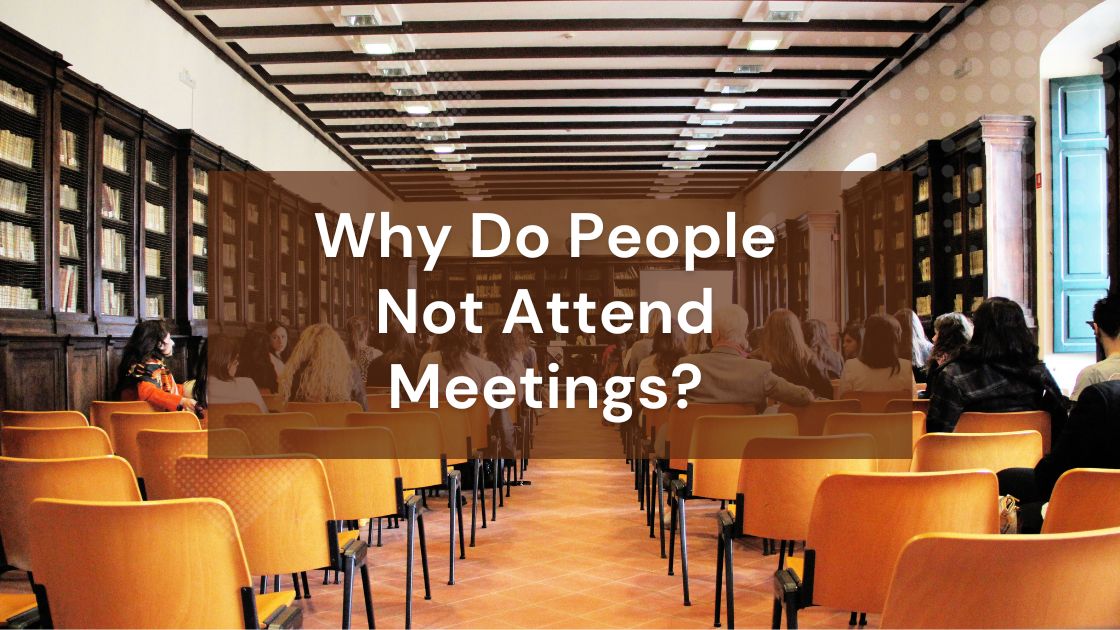The mere mention of a meeting can often elicit sighs, eye rolls, and an unmistakable sense of dread. While meetings serve as essential platforms for collaboration and decision-making, their potential for driving meaningful engagement and productivity is often marred by a series of common pitfalls. From the absence of a clear agenda to the overwhelming presence of verbal dysentery, the barriers to successful meetings can be varied and complex. However, the good news is that with a proactive approach and effective leadership, these barriers can be addressed head-on, fostering a culture of collaborative excellence and turning meetings into can’t-miss events that drive tangible outcomes and meaningful progress.
Identifying the Meeting Malaise
Unveiling the Common Culprits In the quest for reinvigorating meeting dynamics, it’s essential to identify the key factors that contribute to meeting malaise. Lackluster agendas, confusion over meeting processes, and the perception of wasted time are just a few of the myriad factors that can hinder the success of meetings. Additionally, the prevalence of “meeting for meeting’s sake” and the absence of a framework to manage disruptions further compound the challenges faced by meeting leaders. Acknowledging these issues and their impact on the overall meeting experience is the first step toward crafting a more effective and engaging forum for collaboration and idea sharing.
Strategies for Transformative Meeting Leadership
Transforming lackluster meetings into vibrant and productive platforms requires a strategic and comprehensive approach. Let’s delve into ten powerful strategies that can help meeting leaders navigate the common barriers to meeting success and foster an environment that encourages active participation, meaningful discussions, and tangible outcomes.
- Reimagining the Agenda: Crafting an agenda that strikes the right balance between structure and flexibility is crucial. Incorporating interactive elements, breakout sessions, and opportunities for open dialogue can inject energy and purpose into the meeting’s flow.
- Streamlining Communication: Ensuring clarity around meeting processes and protocols is vital for fostering a shared understanding among participants. By establishing clear guidelines for communication, meeting leaders can cultivate an environment that encourages active participation and respectful discourse.
- Embracing Time Efficiency: Respecting the participants’ time is paramount. Condensing meeting durations, adhering to designated time slots for each agenda item, and leveraging technology to streamline discussions can maximize time efficiency and enhance overall engagement.
- Empowering Actionable Insights: Soliciting input from participants is merely the first step. To drive tangible outcomes, meeting leaders must demonstrate a commitment to action by incorporating actionable insights and ideas into the organization’s strategic initiatives and decision-making processes.
- Rethinking Frequency and Relevance: Regularly assessing the necessity and relevance of recurring meetings is essential. Streamlining the frequency of meetings and aligning discussions with the organization’s strategic priorities can prevent the onset of “meeting fatigue” and ensure that each gathering serves a meaningful purpose.
- Cultivating an Inclusive Environment: Fostering a culture of inclusivity and openness is instrumental in nurturing a collaborative and innovative meeting environment. Encouraging diverse perspectives, embracing constructive feedback, and promoting a culture of psychological safety can empower participants to share their ideas and insights freely.
- Navigating Disruptions: Establishing a robust framework for managing disruptions and maintaining decorum during discussions is essential. Equipping meeting leaders with the tools to tactfully address interruptions and steer conversations back on track can uphold the integrity of the meeting’s objectives and foster a more focused and productive environment.
- Promoting Engagement and Interaction: Integrating interactive elements and fostering opportunities for engagement can invigorate meeting dynamics and encourage active participation. Incorporating interactive polls, group discussions, and collaborative exercises can amplify engagement and generate a sense of shared ownership among participants.
- Leveraging Technology for Efficiency: Embracing innovative meeting management tools and digital platforms can streamline communication, enhance collaboration, and facilitate seamless information sharing. Implementing user-friendly technology solutions can optimize meeting processes and drive overall efficiency and productivity.
- Nurturing a Culture of Continuous Improvement: Embracing a culture of continuous improvement and feedback is integral to the evolution of meeting dynamics. Encouraging participants to share their insights and suggestions for enhancing meeting efficacy can foster a sense of shared accountability and inspire ongoing refinements to the meeting experience.
Empowering Meeting Leadership for Lasting Impact
As meeting leaders, we bear the responsibility of transforming the meeting landscape from one characterized by malaise to one defined by vibrancy and purpose. By embracing proactive strategies, fostering a culture of open communication, and prioritizing meaningful engagement, we can steer our meetings toward success and unleash their full potential as catalysts for collaboration and innovation. Let us embrace the transformative power of effective meeting leadership and pave the way for a future where meetings are not dreaded but celebrated as indispensable platforms for driving organizational excellence and collective achievement.

Darren Trumbler is a versatile content writer specializing in B2B technology, marketing strategies, and wellness. With a knack for breaking down complex topics into engaging, easy-to-understand narratives, Darren helps businesses communicate effectively with their audiences.
Over the years, Darren has crafted high-impact content for diverse industries, from tech startups to established enterprises, focusing on thought leadership articles, blog posts, and marketing collateral that drive results. Beyond his professional expertise, he is passionate about wellness and enjoys writing about strategies for achieving balance in work and life.
When he’s not creating compelling content, Darren can be found exploring the latest tech innovations, reading up on marketing trends, or advocating for a healthier lifestyle.
